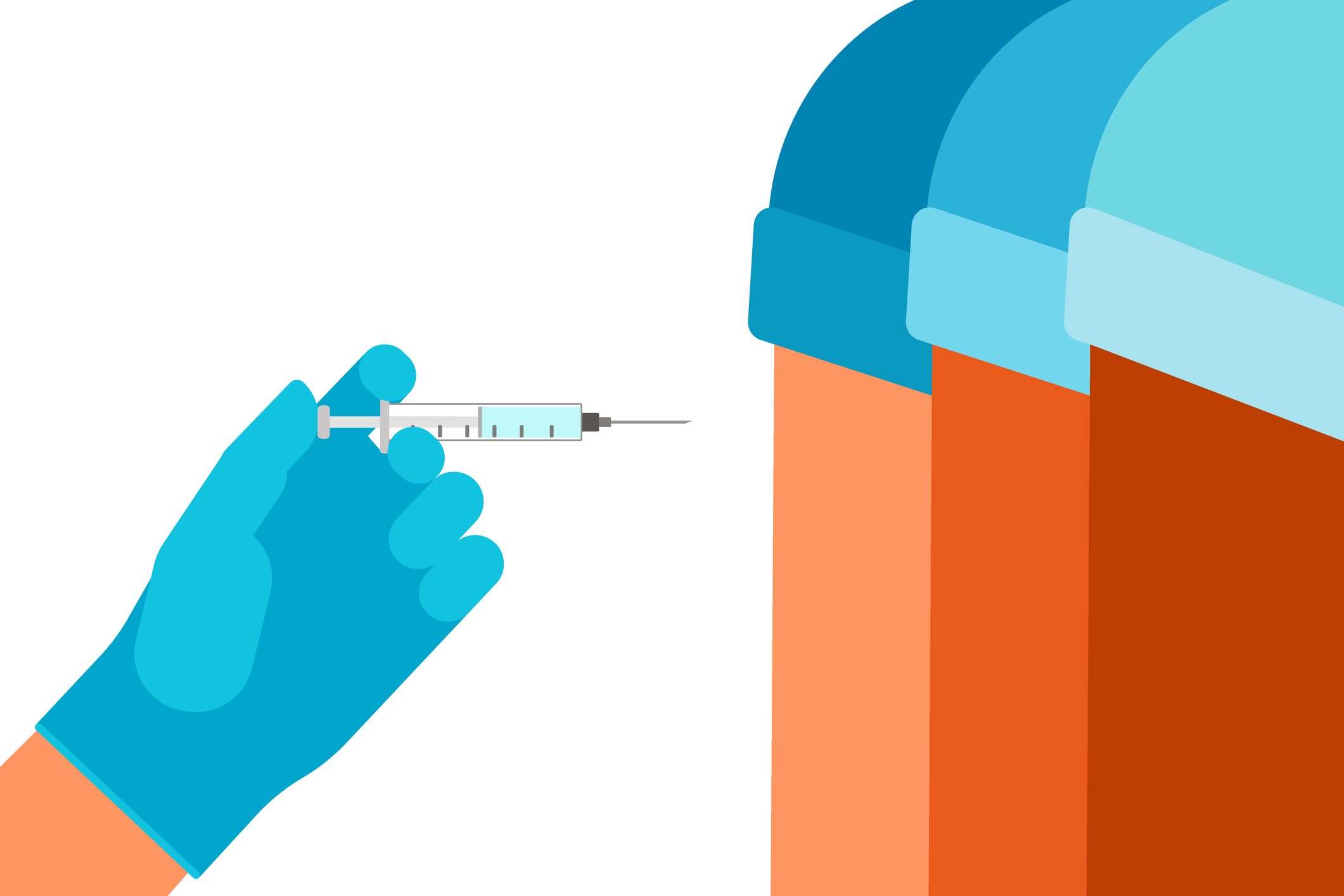 For the last year, health experts have pleaded for better data to shed light on disproportionate rates of COVID-19 cases, hospitalizations and deaths among communities of color.
For the last year, health experts have pleaded for better data to shed light on disproportionate rates of COVID-19 cases, hospitalizations and deaths among communities of color.
Since the rollout of COVID-19 vaccines, health care organizations like the American Medical Association (AMA), American Nurses Association (ANA) and the American Pharmacists Association (APhA) have been asking for more race and ethnicity vaccine data.
This important data is missing for half of coronavirus vaccine recipients. According to the CDC, the data from 52,614,231 people fully vaccinated, Race/Ethnicity was available for 28,234,374 (53.7%).
This data is imperative in ensuring an equitable response to a pandemic that continues to disproportionately affect these vulnerable populations.
“Race and ethnicity data provides critical information to clinicians, health care organizations, public health agencies and policymakers, allowing them to equitably allocate resources across all communities, evaluate health outcomes and improve quality of care and delivery of public health services,” says the open letter, sent by the AMA, APhA and the ANA.
Equitable distribution of vaccines is crucial. When states collect this information, it helps officials identify large racial gaps so they can find better ways to distribute shots.
North Carolina is leading the way in data collection. The state now has racial and ethnicity data for more than 98% of vaccine recipients.
To achieve this high rate of collection, a state-mandated software system was used which requires providers to record a person’s race and ethnicity in order to register them for a vaccination.
“The data is not just a nice-to-have, it’s a need-to-have in order to embed equity into every aspect of our response and now into vaccine operations,” says Mandy Cohen, secretary of the North Carolina Department of Health and Human Services.
"Communities should be able to generate daily and certainly weekly data to understand the demographics of who is being vaccinated. Local health departments and health institutions need to respond to these data in real time to identify where COVID-19 vaccine uptake is not matching COVID-19 disease burden," said Dr. Muriel Jean-Jacques, Northwestern University Department of Medicine vice chair of diversity, equity and inclusion, and Dr. Howard C. Bauchner of the Boston University School of Medicine, a professor of pediatrics and community health.
Many barriers make it difficult to access the vaccine.
People from hard hit communities often have limited access to digital tools needed to schedule an appointment. And often information about vaccine registration is only available in English.
States that partner with community-based organizations are administering the vaccine more equitably than others, said Rita Carreón, vice president of health at UnidosUS, a civil rights organization for Hispanic communities.
The lack of race and ethnicity data in health systems didn’t begin with this pandemic. For years, health experts have been pleading for better health data to reduce racial health disparities.







